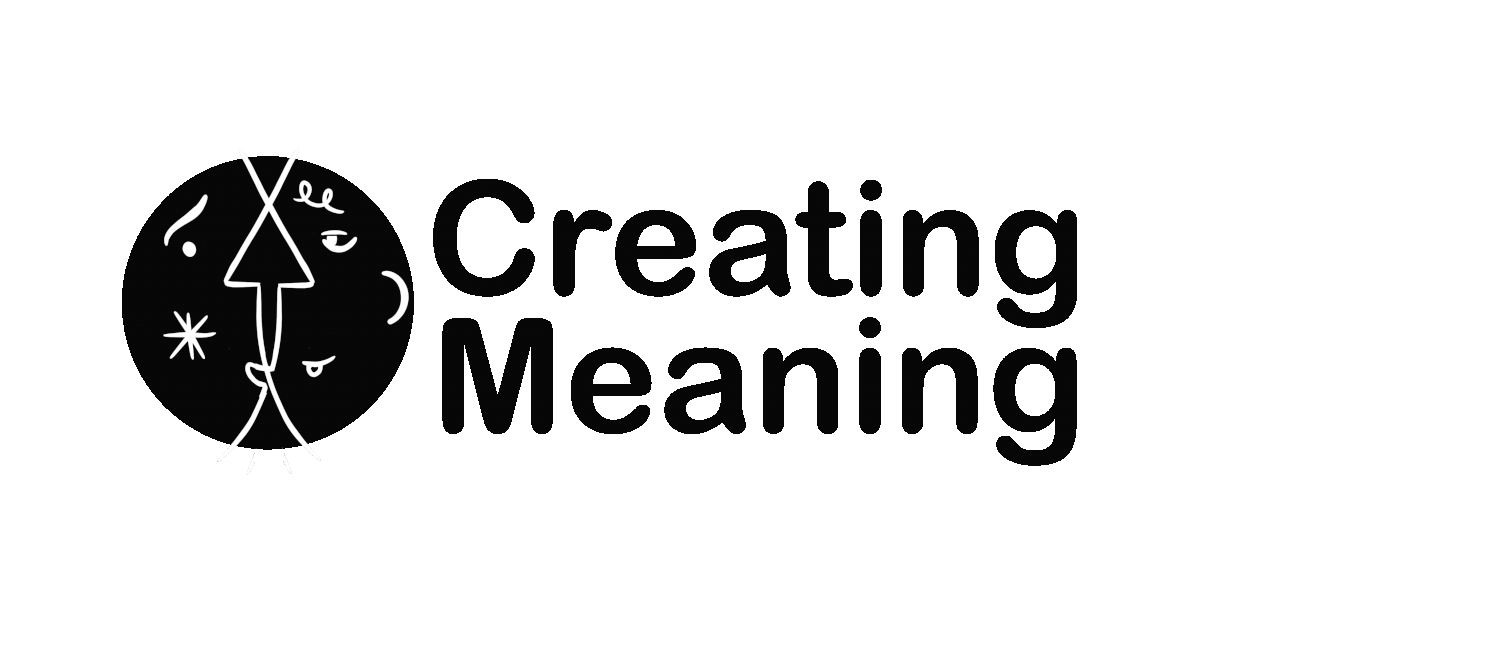In the second of our dialogue series on values and the SDGs we chose to focus on Goal 12: Responsible Consumption and Production.
After the opening mindfulness exercise and introduction to Bohm Dialogue we proceeded with two short framing activities: a word association exercise with the words ‘responsible’ and ‘efficiency’ and a partner reflection on images of consumer waste from food waste, plastic, textiles and e-waste, within differing contexts of people, animals or nature. I invited participants to open the dialogue by sharing a feeling that arose from looking at and discussing the images. These included sad, anxious, frustrated, disgusted and angry. From there we moved into the dialogue.
The first part of the dialogue had felt very ‘comfortable,’ focusing on the small changes that we can make as individuals to create bigger change - a common narrative, and one that in theory would work, but the question that also arose is ‘do we have the time for each individual to come to their own realisations and wishes to change?’
With shorter dialogues there is often more need to reflect back to the group what has been said and ask for a moment of reflection. My questions and observations were to point out the mainly ‘solutions based’ offerings by the group, to reflect again on the value of responsibility and who we are responsible to and what we are responsible for, and finally to think about what was not being said.
The question of ‘what is not being said’ was answered by one participant working with inequality - acknowledging that we were a privileged group of people, and that those from lower economic or social backgrounds may not have the mental or emotional capacity due to stress or life pressures, the financial means or knowledge to make many sustainable choices. It was also acknowledged that people in the room were self-selecting and therefore already engaged in these issues and of similar mindsets, so the usual challenge of how do we reach the disengaged or unaware people was raised. Media was offered as one solution to this, but it was also recognised that the majority and dominant media companies reinforce negative narratives on sustainability, climate change etc that actively disempower people,so cannot be relied on to support culture and behaviour change through positive interventions.
Another participant shared that they did not always want to be responsible, something that resonates very deeply with me sometimes. Responsibility is a complex value and needs the support of many other values such as accountability, courage and integrity. When and how we access and use these values needs deeper thought and consideration.
The ongoing reflection of these two dialogues exploring values and the SDGs is the need to keep bringing the focus back to the values, connecting to and sharing the meaning of the central value of each goal. The SDGs take us between the ‘I’ and the ‘it’ - the ‘I’ being, ‘what can I change?’ and the ‘it’ being the system. System change mostly feels overwhelming and futile, so it is easy to default back to individual change and stay with the comfortable feeling of ‘if I am responsible for my choices everything will be okay,’ but we make thousands of choices everyday, and many of these are ‘thoughtless,’ a word that was introduced early on in the dialogue and stuck with me and mirrored with ‘awareness,’ reminding me of the quote- “You are personally responsible for everything in your life, once you become aware that you are personally responsible for everything in your life” - Bruce Lipton.
Even if we have a healthy degree of self-awareness, frequent barriers to making more sustainable choices are time, money, convenience and knowledge. Indeed when all of these are in our favour it does not guarantee that we will make the most sustainable choice - we might also make the choice that makes us feel good, or impresses our peers. One participant stated that we need to ‘work with human nature, not against it,’ but for this to be truly effective we would have to agree upon the framework of understanding human nature - not a simple task. Perhaps easier would be to share and connect from a place of values and to support each other to operate from this place with the courage and integrity to act differently. This came up in the check-out - to be bold and brave with our choices, even when other people might think we are ‘strange.’ However, we again face a paradox, between our desire to belong and our desire to have the courage to stand up for what we believe in. I was surprised that the dialogue did not mention community or collective responsibility, staying very much within the realm of personal responsibility, action and change, and touching on the responsibility of government and business. We were given one example of an organisation that was changing its culture by empowering its people to ask for the change they wanted. Within an organisation, that sense of community and shared values can help create the safety, energy and motivation in a group to demand change. So I was left with the question ‘how can we create more change from communities?’ or perhaps from a more personal perspective, ‘what communities do I feel I belong to, and what change can I help create from them?’
We already have many of the solutions we need to solve our global challenges, we just need to commit to the actions that implement them. Values and community feel central to this shift - we need to move from ‘what can I change?’ to ‘what can we change?’
To register for our next dialogue please visit Eventbrite. For further information about the UK Values Alliance visit their website.



